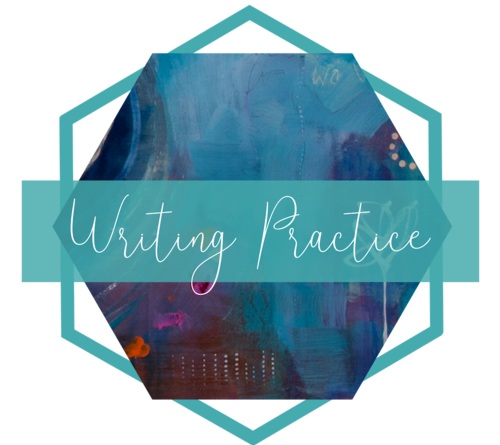Empathy or Compassion?
You may have already explored the subtle differences between empathy and compassion. If you sense into them now, you may feel right away the contrast between them. The thing is, we don't always take the time to quiet down and become aware of which we are occupying when life is arising in real-time.
Empathy can be thought of as the capacity to feel how people feel and even to see it from their side. Tara Brach suggests that much of the burnout we have called compassion fatigue is actually empathy fatigue. All feelings are important and useful, however, when we are in a constant state of empathy, like being stuck in high gear, there is a tremendous burden on our entire being. This is especially true if we are trying to metabolize not only our own stress, but the stress of others. In part, our physical bodies take a tremendous toll, when our limbic system is overstimulated, potentially leading to illness such as adrenal fatigue, anxiety, and depression. For people who are particularly sensitive to the energies of others, or who are doing difficult and emotionally demanding work in the world, learning about boundaries and self-care can be key. If you are interested in exploring boundaries further (and probably all women and girls especially should), one of my favourite books is Protection & Boundaries by Pixie Lighthorse.
Compassion is empathy coupled with a desire to help or ease another's suffering. It is empathy turned in to action. As you feel into this slight shift in concept, you might sense how essential empathy is in helping us acquire understanding, and how the next natural step is to do something with our new understanding. Perhaps compassion feels good in part because it is like a release valve for our heart. To sense suffering and simply sit with suffering suffering suffering can create a toxic and unsustainable inner environment. With compassion, our practice is to gain wisdom through empathy and then shift gears and do something with it, even if it is simply in seeing the suffering of others in a different light. Compassion, whether in grand or small acts, can have real and meaningful effects, without being drown or paralyzed by the enormity of suffering. This can have the effect of filling our cup by giving us a sense of empowerment to enact change in the world without feeling solely responsible to fix it. Additionally, as Sharon Salzberg suggests, compassion allows us to get our selves out of the way so we can see more clearly the plight of another, independent of our own suffering. In this way, compassion frees us from suffering as much as it benefits the 'other'.
Becoming more aware of how empathy and compassion differ can help us develop our emotional and spiritual intelligence, and our ability to handle future challenges.
As you consider the descriptions above, use your journal to reflect on some experiences you have had with empathy and compassion. What stands out for you? How did you feel? Try not to engage in self-judgement; we are just cultivating awareness.
You might also read this article by Buddhist monk Matthew Richard, called From Empathy to Compassion in a Neuroscience Laboratory.

